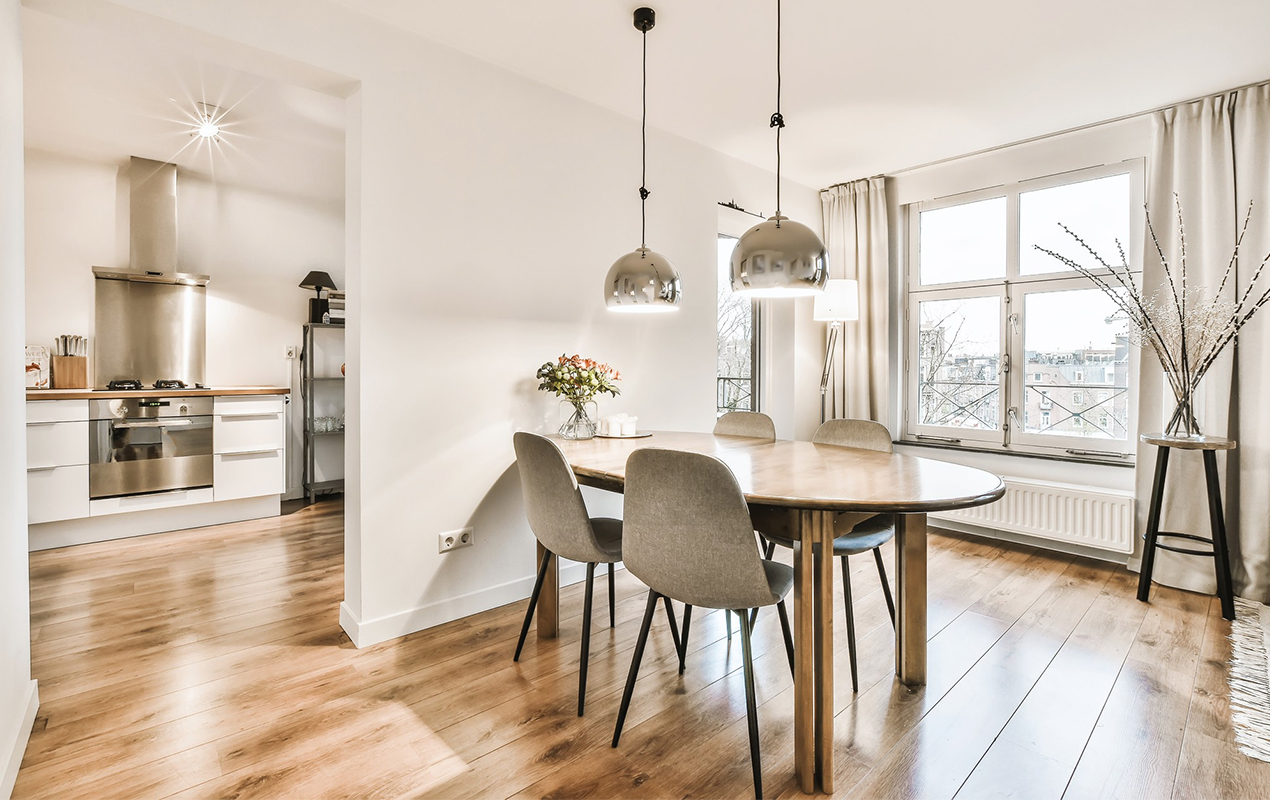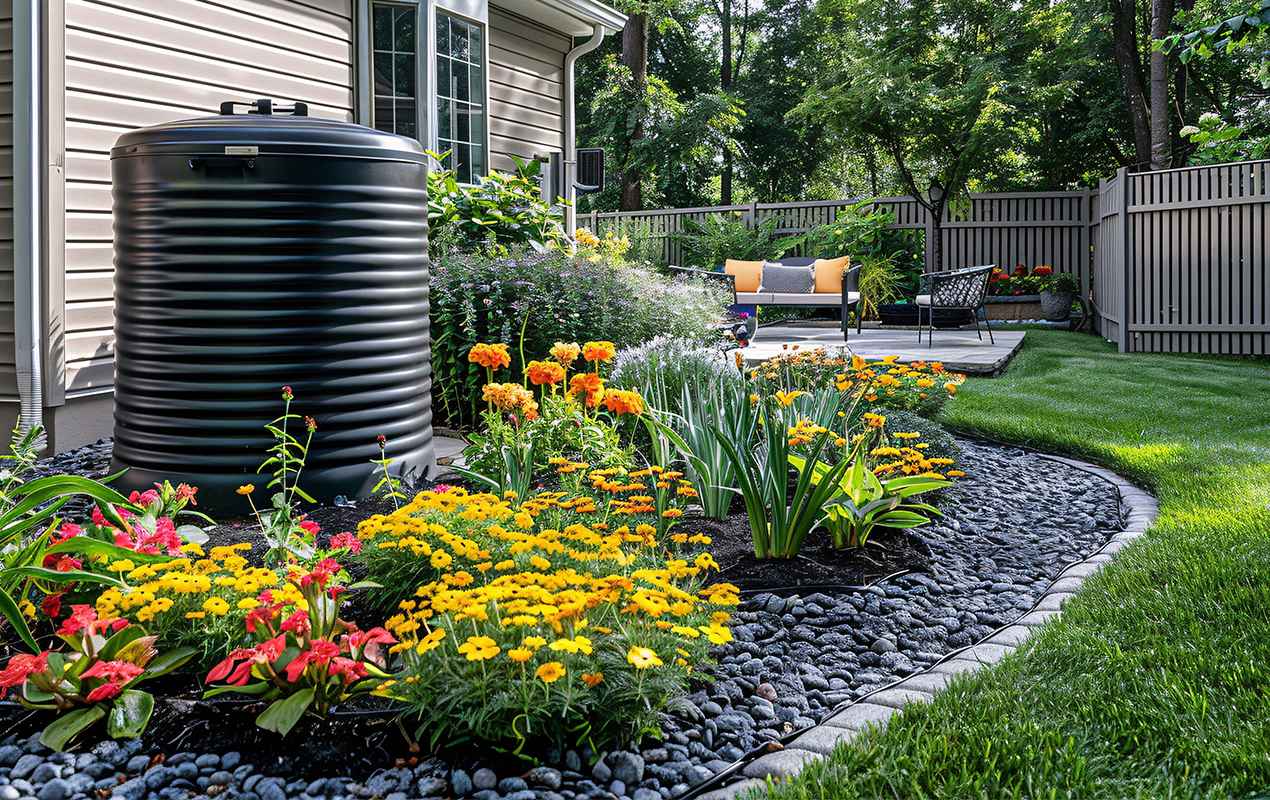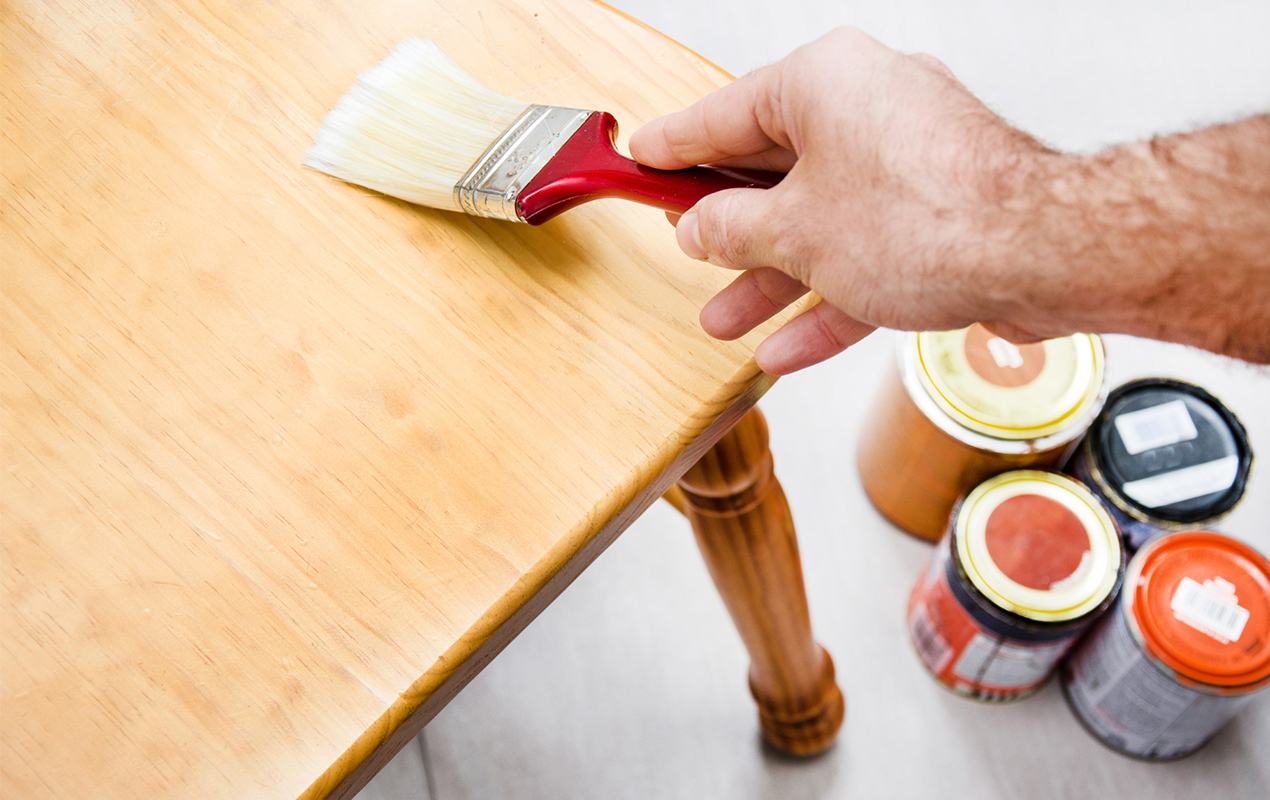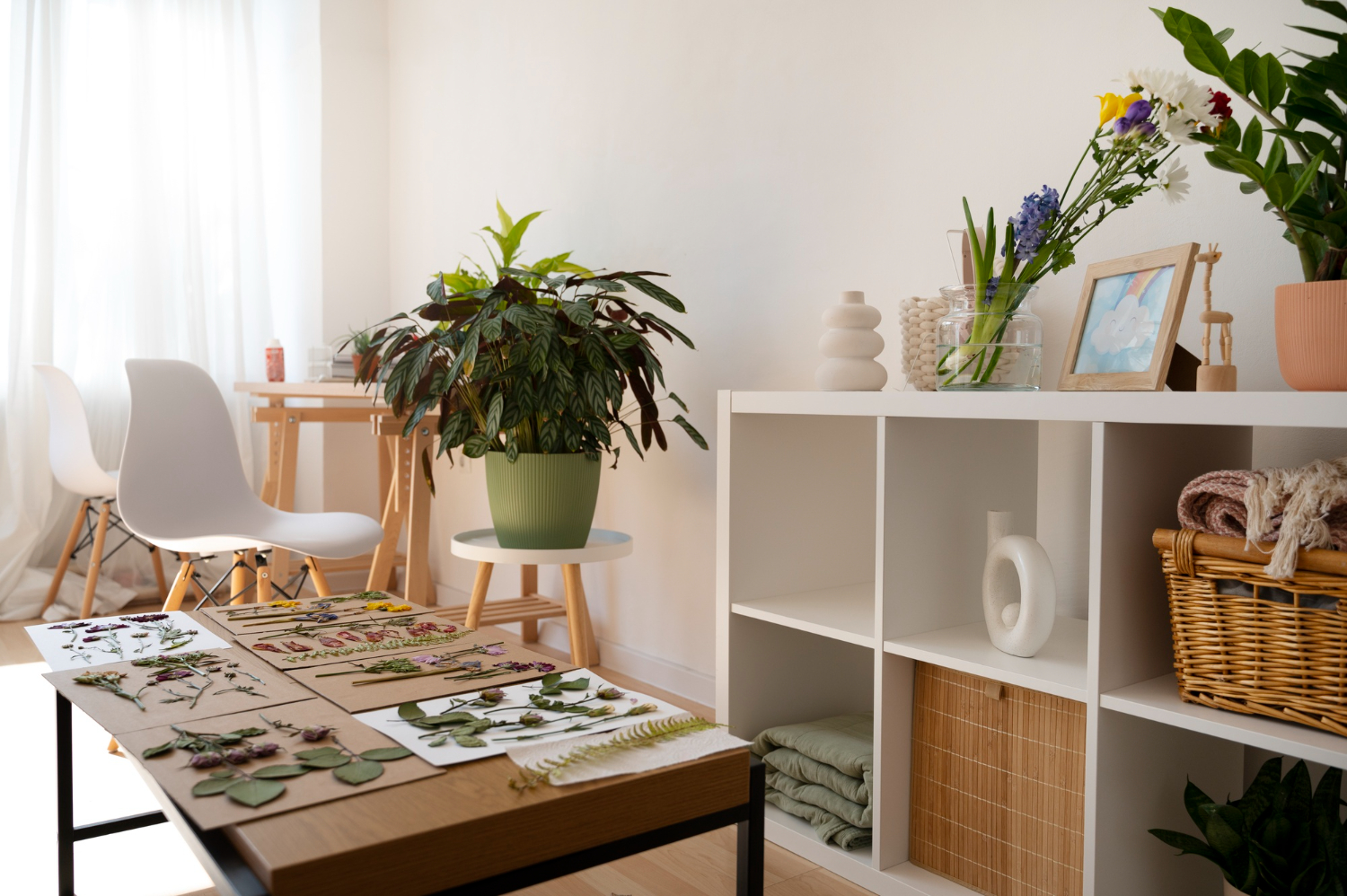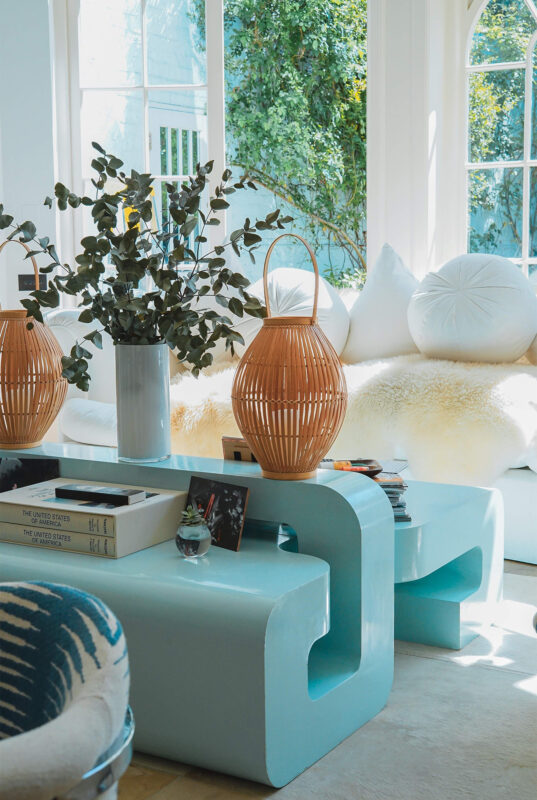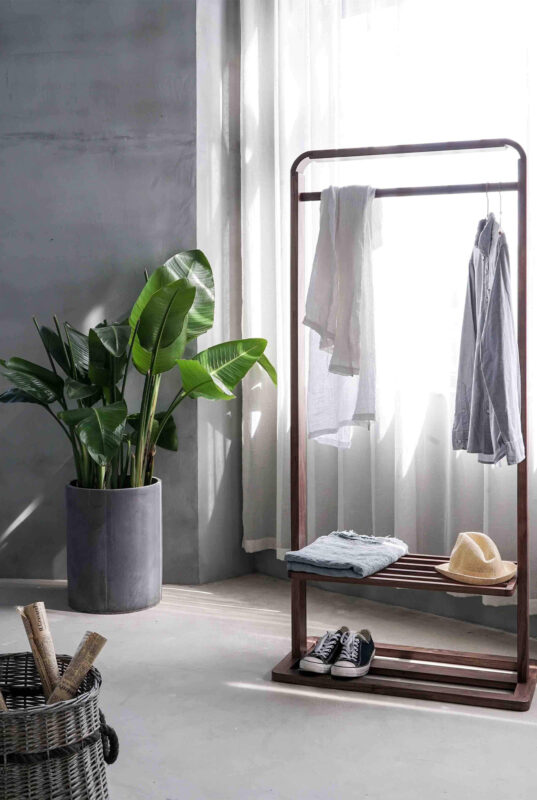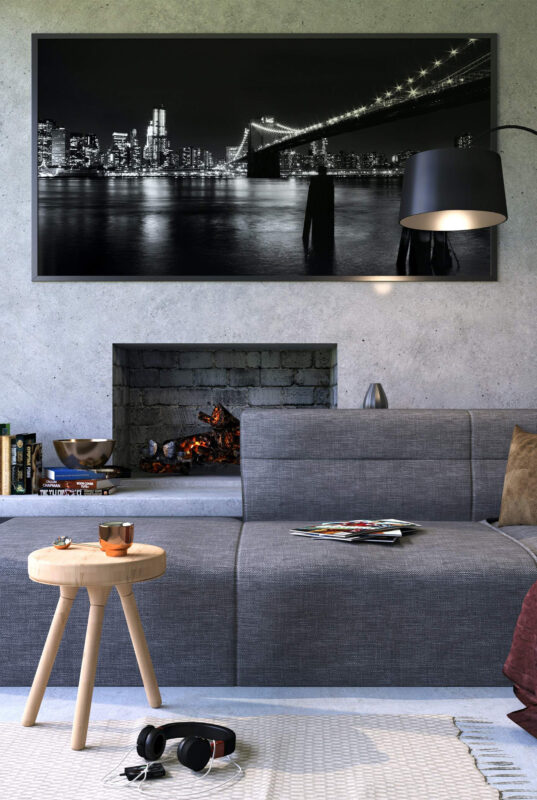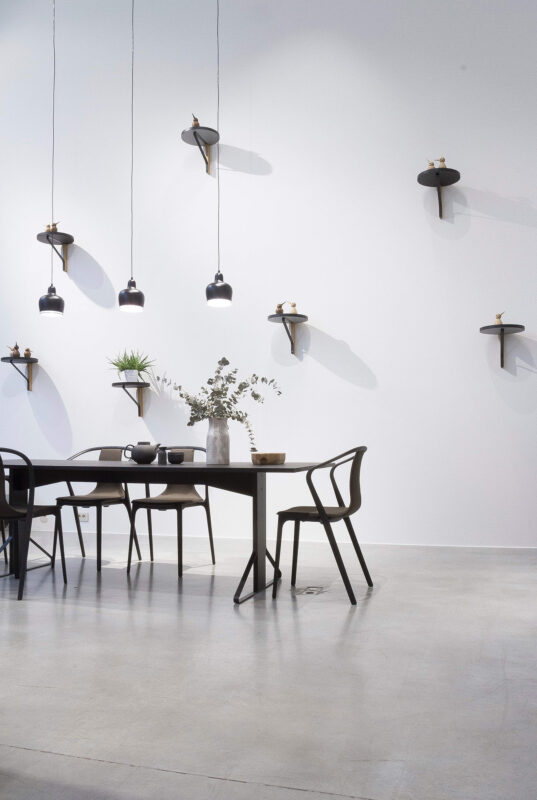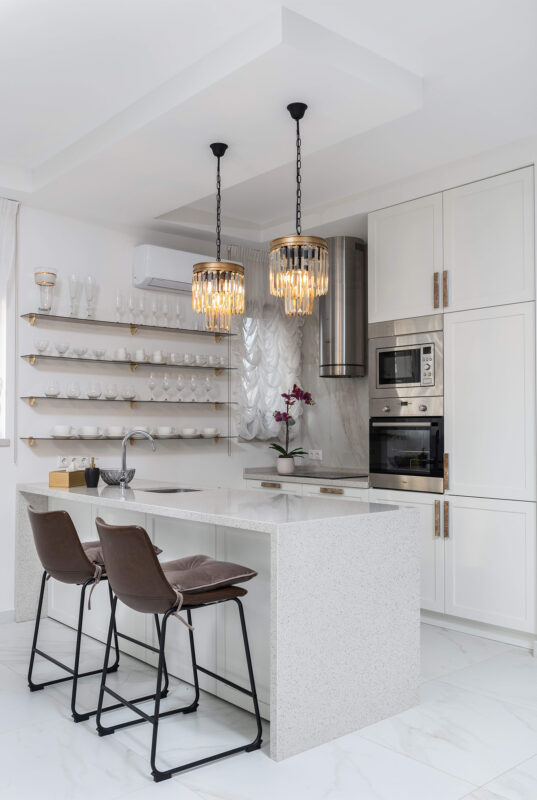Blog
The Best Materials for Gutter Installations: Vinyl, Aluminum, Copper & More

Whether you’re building a new home or upgrading an existing one, your gutters are more than just a finishing touch — they’re a critical component of your property’s long-term protection. The material you choose for your gutters can influence everything from maintenance schedules to overall curb appeal and even resale value.
Homeowners often begin their research by browsing gutter installations and related services, only to discover the wide range of materials available. Each option comes with its own pros, cons, and price points. Understanding what sets them apart is key to making an informed decision that will serve you well for years.
Let’s dive into the most popular materials used in modern gutter systems and explore which one might be the best fit for your home.
Vinyl Gutters: Affordable and DIY-Friendly
Vinyl gutters are a popular choice for budget-conscious homeowners. Made from lightweight plastic, these gutters are relatively easy to install, making them appealing for DIY projects or quick fixes.
They’re resistant to rust and corrosion, which is particularly beneficial in wetter climates. However, vinyl can become brittle over time—especially in regions with cold winters. Cracks and sagging may appear with age, leading to potential leaks and inefficiencies.
Ideal for: Mild climates and short-term solutions
Not ideal for: Harsh winters or high-heat areas
Aluminium Gutters: The All-Rounder
Aluminium strikes a balance between cost, durability, and aesthetics. It’s lightweight, rust-resistant, and can be painted to match your home’s exterior. This makes it one of the most widely used materials for residential gutter systems.
The flexibility of aluminium also allows for seamless gutter installations, which reduces the chance of leaks. Despite being more durable than vinyl, aluminium can dent easily—so it’s important to avoid impact from ladders, falling branches, or debris.
- Ideal for: Most Canadian climates
- Not ideal for: Areas with frequent hailstorms or tree-heavy lots
Copper Gutters: Elegant and Extremely Durable
If you’re aiming for long-lasting beauty, copper gutters deliver in spades. Over time, copper develops a natural greenish patina that adds character and charm to traditional or upscale homes. Beyond aesthetics, copper is incredibly durable and corrosion-resistant, often lasting over 50 years with proper care.
The downside? The price. Copper gutters are a premium option both in terms of material and installation costs. They also require professional handling, as incorrect installation can lead to oxidization issues or water drainage problems.
- Ideal for: Historic or luxury homes
- Not ideal for: Tight budgets or contemporary builds
Steel Gutters: Heavy-Duty Performance
Steel gutters are valued for their strength and resilience. Galvanized steel is a common option, offering protection from physical damage and temperature extremes. Stainless steel is even more resistant to rust but comes at a significantly higher cost.
While highly durable, steel gutters are heavy and require reinforced fascia boards to support their weight. They also tend to need regular maintenance to prevent rust, especially in coastal areas or places with heavy snowfall.
- Ideal for: Industrial buildings and areas with extreme weather
- Not ideal for: Lightweight structures or homeowners seeking low-maintenance systems
Zinc Gutters: Longevity with a Unique Look
Zinc gutters are lesser-known but highly respected among architects and builders. Like copper, zinc naturally develops a patina over time, which serves as a protective layer and eliminates the need for painting or sealing.
Zinc is resistant to corrosion and harsh weather, with lifespans reaching up to 80 years. However, it shares copper’s high cost and need for professional installation.
- Ideal for: Long-term investments and custom builds
- Not ideal for: Short-term homeowners or tight budgets
Composite Gutters: A Modern Take on Durability
Composite or fibreglass gutters are a relatively new entry into the market. These materials are engineered for durability and resistance to both environmental factors and impact damage.
Their finish often mimics that of more traditional metals, and they can be custom-formed to suit any roofline. While still not as common, composite gutters are gaining traction for their balance between performance and aesthetics.
- Ideal for: Custom homes and modern designs
- Not ideal for: Homeowners seeking low-cost or widely available materials
Choosing Based on Climate and Location
In Canada’s diverse climate zones, the right gutter material can make a significant difference. For example:
- Coastal areas benefit from corrosion-resistant options like aluminium, copper, or zinc.
- Snow-prone regions should consider steel or seamless aluminium to handle ice buildup and thaw cycles.
- Urban or suburban areas may prioritize aesthetics and opt for painted aluminium or copper for curb appeal.
Always consider your local climate, roof design, and maintenance capacity when narrowing down your choices.
Installation and Maintenance Matter Too
Even the best material can fail if the gutter system is poorly installed. Proper slope, downspout placement, and hanger spacing all play crucial roles in ensuring efficient water drainage. That’s why professional installation is strongly recommended—especially for premium materials like copper, steel, or zinc.
Beyond installation, regular maintenance is key. Cleaning your gutters twice a year, checking for leaks or sagging, and clearing debris from downspouts can extend the life of your system significantly.
Final Thoughts: What’s Right for Your Home?
There’s no universal “best” material—it all comes down to your home’s architecture, local weather patterns, and personal budget. While vinyl and aluminium offer quick and cost-effective solutions, copper and zinc present high-end longevity with aesthetic appeal. Steel and composite options fill the niche for strength and innovation.
Your gutters are a long-term investment. Choosing the right material from the outset will not only protect your home but also save you money and hassle down the road.


